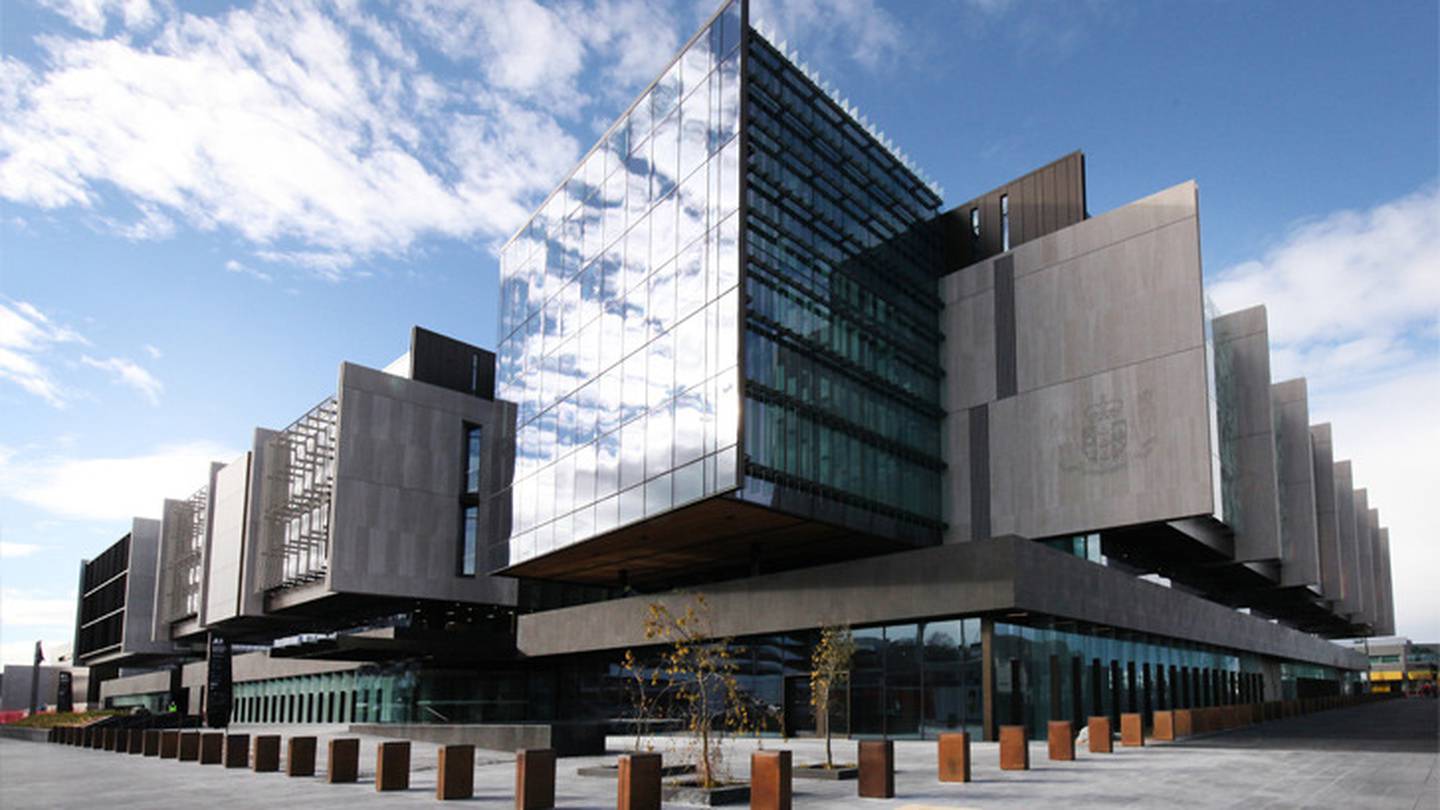
The man was just 17 when he planned to ram a car into a group of people and then stab them on July 23, 2017.
He was radicalised online, held extreme views, and told police he was angry and had "done it for Allah".
After he was arrested, he pleaded guilty to a number of charges and was sentenced in the Christchurch District Court to intensive supervision.
Over the past three years, the man, who is now aged 21, has been coming to court, initially every month, and latterly every second month, for Judge Stephen O'Driscoll to get progress reports on his judicial monitoring.
It hasn't been plain sailing, as Judge O'Driscoll noted today, with the man breaching his intensive supervision order four times, including twice when he used his mother's phone to view pornography.
He also sparked a manhunt in 2017 after he walked out of his supervised accommodation.
But on Monday, after making "tremendous" and significant progress and his risk of reoffending now deemed low, the man's long intensive supervision order finished.
He had sessions with the imam at the Al Noor Mosque, which was targeted by the Australian terrorist in the March 15, 2019 attacks.
After 51 Muslims were massacred in the shootings, the man told Judge O'Driscoll he felt disgusted when thinking of the harm he could've done to "innocent Kiwis" who are "his people".
In the weeks after the attacks, he said he had felt sadness and wanted to apologise to everyone for "having such views of hatred".
Today, the man spoke in court about how far he's come over the past four years.
With time and support, especially from psychologists, accommodation providers, and his mother, he has come to the conclusion that "people are not one monolith" but rather all individuals who share all the same emotions as him.
He no longer views the "random person walking on sidewalk" as someone who hurt him as a child.
Such negative thoughts inevitably leads to "seeing no humanity in yourself or others and we all know the outcome of this".
The man thanked Judge O'Driscoll for taking an interest in his wellbeing and rehabilitation and not viewing him as "simply another person in the system but somebody who needed help".
He vowed to try and stay out of trouble and hopes to get into the workforce.
His lawyer Anselm Williams said the progress he's made over the years has been "incredibly impressive", with the risk of reoffending greatly reduced.
Judge O'Driscoll today granted the man final permanent name suppression, saying naming him publicly would likely to cause him extreme hardship and put the progress he's made in jeopardy.
The judge wished him all the best for the future.
"I hope you will not disappoint and let everyone down and end up coming back to court," Judge O'Driscoll told him.
"I hope you will become a productive member of the community and I hope that I won't see you again in this court setting."













